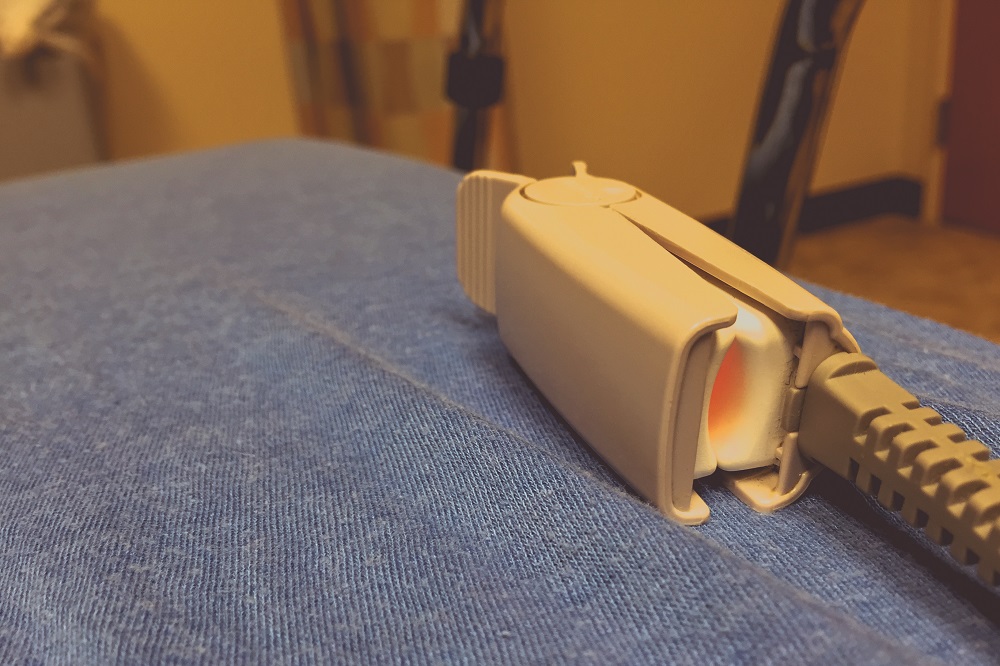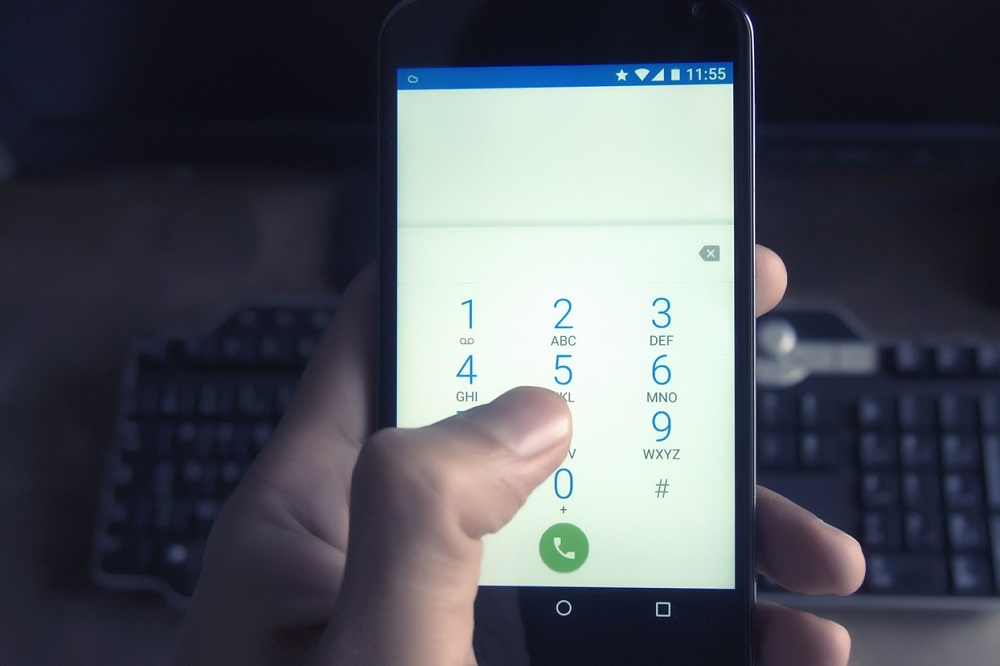News in brief: New measures target speedier diagnosis of Covid-19

GPs and people with Covid-19 symptoms in Wales are being given new guidance to speed up diagnosis in the community and to help recognise when infections are getting more severe.
People who are isolating at home are being advised to contact 111 or their GP if their symptoms are not improving after seven days or are becoming worse, or if they are suffering from vomiting, breathlessness, or fatigue.
Health Minister Vaughan Gething has also highlighted oxygen levels in the blood as the “most important part of the clinical assessment” for Covid-19 in a written statement outlining the new measures.
Unlike most respiratory infections many people who are becoming seriously unwell with Covid-19 do not become breathless, despite their blood oxygen levels falling as they struggle to absorb oxygen in their lungs.
Because of this people with the infection may not realise how unwell they are as they are not struggling to breathe.
Oxygen levels can be accurately measured using a pulse oximeter, a small portable device that attaches to the patient’s finger, and as part of the new measures several thousand additional pulse oximeters are being sent to surgeries in Wales over the coming weeks.
The Chief Medical Officer has also written to GPs recommending they conduct pulse oximetry more often, in line with the new advice on symptoms.
As this will require a greater use of face-to-face consultation, practices are also being recommended to use hubs or drive through approaches to reduce the risk of infection as much as possible.
Public Health Wales has reported one new death from coronavirus in the last 24 hours.
The total number of deaths due to the virus has increased to 1,566.
The total number of confirmed cases now stands at 17,361 after 22 new cases were reported today. On Monday 4,661 tests were carried in Wales.

Childcare Offer for Wales to reopen
The Wales’ Childcare Offer, which provides 30 hours of early education and care to the working parents of 3- and 4-year olds across Wales is set to reopen, following a pause during the coronavirus lockdown.
It was suspended in April to allow resources to be refocused, to support the childcare needs of critical workers and vulnerable children through the Coronavirus Childcare Assistance Scheme.
Funding childcare for 48 weeks of the year, the offer was introduced in April 2019. By January 2020, 14,600 children were being support.
Parents who would have been eligible for the Offer in the summer term, but who missed out on a full term because they had not started on the scheme before the pandemic, will be able to submit their applications from mid-August.
Applications from parents whose child becomes eligible for the offer in the autumn term will be considered from the start of September onwards.
Details on the timing and how to apply will be available on local authority websites and through Family Information Services.
As before Covid-19, local authorities will also be able to make use of the Additional Support Grant to ensure any child with additional needs can benefit from the Offer in the same way as other children.
Later this week updated guidance will be published for childcare settings on how they can operate safely, taking into account the First Minister’s announcement on Friday 31 July that children under 11 do not need to socially distance.
Julie Morgan, the Deputy Minister for Health and Social Care, said: “Many families will have suffered financial hardship as a result of Covid-19. Some workers will have been hit harder than others and we know that for many women childcare has been a real barrier in terms of their capacity to work.
“Bringing the offer back will not only help parents, but it is crucial for providers too in supporting their businesses to recover after what has been a period of great uncertainty and anxiety for many.”

Coronavirus deaths in Wales lowest since the start of the lockdown
The latest figures from the Office for National Statistics show that deaths in Wales due to confirmed or suspected coronavirus infections have dropped to the lowest level since the lockdown was introduced on 23 March.
The ONS figures for the week ending 24 July show seven deaths involving Covid-19, down from 11 the week before.
This is lowest number of deaths due to the virus since the week ending 20 March, when two deaths were recorded.
The first death from coronavirus in Wales was reported on 16 March, following the death of a patient at Wrexham Maelor Hospital.
The first case of the virus in Wales was confirmed on 27 February.
Since the start of the pandemic In Wales there have been 2,503 registered deaths mentioning the virus.
There have been 21,981 deaths recorded from all causes since the start of the year in Wales, 10.2% more than the five-year average. Of those, 11.4% mentioned Covid-19.

Helpline launched for health and social care workers
Vaughan Gething MS, Minister for Health and Social Services has announced the launch of a new Samaritans helpline for both NHS workers and the social care workforce.
The service will be available daily between 7am and 11pm offering confidential support tailored for individuals working in health care settings, provided by trained volunteers.
Initially the service will be available in Welsh between 7pm and 11pm daily but will be scaled-up over time to replicate the opening times of the English language line as more bi-lingual volunteers are recruited and trained.
Mr Gething said: “I fully recognise and appreciate the challenges and immense pressure facing our dedicated health and social care workforce at all times but particularly during this unprecedented time of personal and professional strain.

Government criticised over emergency funding pay-outs
Russell George MS, Welsh Conservative, Shadow Minister for Economy, Business and Infrastructure, has questioned the speed at which the government is allocating support from funds set up to help businesses and organisations struggling due to the coronavirus pandemic.
Mr George says he is concerned that emergency funding schemes, including the Economic Resilience Fund (ERF), and the Third Sector Covid-19 Response Fund have so far only allocated about half of the funds available.
According to government figures, the ERF, which is designed to support businesses, social enterprises and charities, has so far allocated just £286 million of the £500m available.
Just over £9m of the Third Sector Covid-19 Response Fund’s £24m, to provide cash flow support for voluntary organisations during the Covid-19 crisis, has been allocated so far.
“With some of the support schemes, there is a significant gap between how much funding has been earmarked and the amount that has been awarded so far,” Mr George said
“It wouldn’t be wise to allocate all the resources immediately, but if the funding is there, then it should be distributed as much as possible to help individuals and businesses recover from a very difficult year, and to act as a buffer to any further restrictions later down the line.”

Support our Nation today
For the price of a cup of coffee a month you can help us create an independent, not-for-profit, national news service for the people of Wales, by the people of Wales.




